‘WE NEED MORE FACTS AND A DISPASSIONATE ANALYSIS OF HIS ROLE’
DOES Sir Winston Churchill really matter to British Asians? After all, the UK has changed fundamentally in the 56 years since he died in 1965.
However, I think that for an understanding of why the English think he was the greatest Briton who ever lived, it is important to appreciate the many conflicting aspects of the man’s character.
Basically, if you don’t understand Churchill, you don’t have a real insight into how English society works. The English will forgive him everything because his leadership held Britain together in its darkest hour when it was up against Hitler’s Nazi Germany.
The opposing view is that Churchill considered the English to be a superior race which was destined to rule India indefinitely. He was implacably opposed to Gandhi and the Indian freedom movement, thereby placing him on the wrong side of history.
Therefore, the light and the dark co-existed in the same man. What the debate about Churchill requires is cool, dispassionate analysis based on careful research. To allege he was a white supremacist who was as bad as Hitler is only an opinion and not very helpful to the debate. For the time being, the debate at Churchill College, Cambridge, has been shut down. It had started a year-long programme, “Churchill, race and empire”.
Two debates had taken place, but the programme was scrapped ahead of a third. The minutiae of academic squabbles is hard for outsiders to fathom, but there was a difference of opinion between the working group running the programme and the college council.
Prof Athene Donald, the master of Churchill College, said she had taken “at face value” comments by working party members that it should disband over a dispute about hosting a conference. “Unfounded allegations are now being levelled both at the broad college community and at me personally,” said Donald.
“I would nevertheless stress that the college will continue engaging in debates, examining the actions of important historical figures, including Churchill himself, and working on challenging attitudes.”
The prime mover behind the debates is Prof Priyamvada Gopal, a Fellow of Churchill College and a member of the working party, who claimed that “under pressure from groups like Policy Exchange & some members of the Churchill family, Churchill College has disbanded a group set up to engage critically with Churchill’s complicated legacies”.
I feel sorry for the Master, who had first announced she was very much in favour of examining whether Churchill was a racist. But she has had to give in after coming under heavy pressure from the powerful pro-Churchill lobby. Those who took her to task included Churchill’s grandson, Sir Nicholas Soames.
The historian Andrew Roberts wrote a piece in The Spectator claiming victory: “Is the tide in the so-called culture wars beginning to turn? Recent evidence suggests that at least a mainstream effort to push back against activism by a vocal minority is working. Oriel College, Oxford, is not going to remove its Rhodes statue. …. Churchill College, Cambridge, announced the disbanding of its ‘Churchill, Race and Empire Working Group’, which was established in the wake of the Black Lives Matters protests last year. The news holds particular resonance for us as the authors of a Policy Exchange paper which was published after an event at the college on February 11 this year.”
He did not think much of the panellists: “Instead of featuring qualified historians with varied points of view, it brought together four individuals known less for their expertise on ChChurchill than for their anti-Churchill sentiment.”
Roberts added: “Small-c conservatives often feel on the back foot in the culture wars. Yet Churchill College’s decision…. shows that defeat at the hands of activists is not inevitable. Good, accurate history can triumph over ahistorical claims. As Churchill himself famously said, truth is ‘incontrovertible’. Untruths should always be challenged.”
He also said: “Our paper did not argue that critics of Churchill should be silenced: opinions from all sides should be aired and debated.”
Opinions are easy to express. What we need are more facts about Churchill’s relationship with India, especially what he did or didn’t do over the 1943 Bengal Famine in which millions died.
Madhusree Mukerjee and Shashi Tharoor, who are both distinguished authors and researchers, consider Churchill to have been a “war criminal”.
Roberts, who takes the opposite view, has qualified backing from Amartya Sen. The Indian historian Ramachandra Guha, who is probably the most respected historian of the lot, says Churchill was a racist but to call him a war criminal is hyperbole.
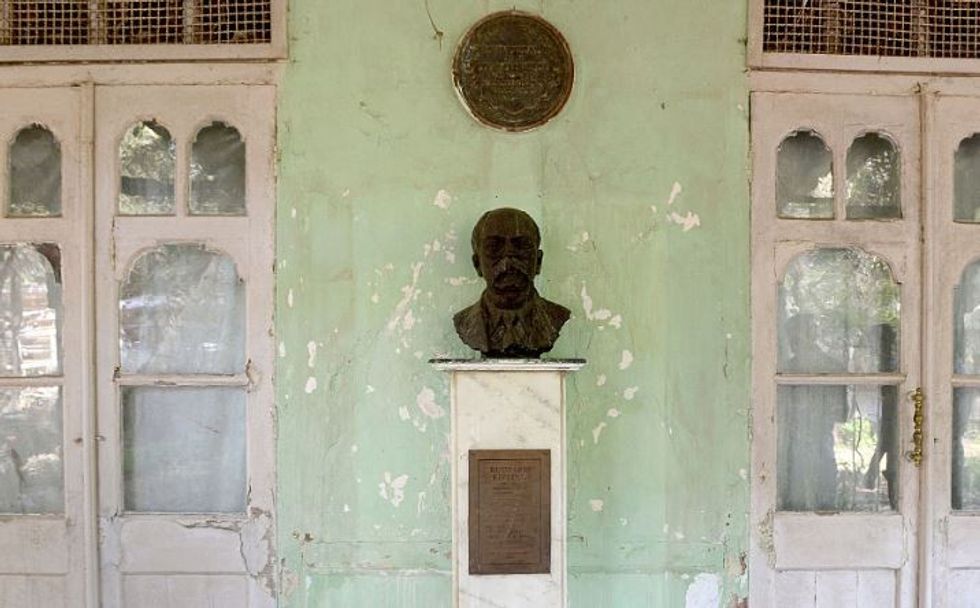
Blyton and Kipling’s racism
MINE was a very English kind of school in India where I grew up absolutely loving Enid Blyton’s Famous Five and Secret Seven stories, as well as Rudyard Kipling’s The Jungle Book. When the five – Julian, Dick, Anne and Georgina (George) and their dog Timmy – embark on their exciting adventures on Kirrin Island, I was there, too. In my imagination.
And when the Seeonee Hills were bathed in moonlight in The Jungle Book, my heart beat for Mowgli, as Raksha, the mother wolf, kept him and her cubs safe from Shere Khan, the evil tiger determined to snatch the “man cub” for his tiffin.
At the time I wasn’t aware of the racist lines in Blyton nor the imperialist in Kipling's character. Now I learn that English Heritage, which puts up blue plaques to commemorate important figures, is revising its online biographies. The plaques will not be removed or altered but in Blyton’s case the online text, headed “Racism in Blyton’s work”, says: “Blyton’s work has been criticised during her lifetime and after for its racism, xenophobia and lack of literary merit. A 1966 Guardian article noted the racism of The Little Black Doll (1966), in which the doll of the title, Sambo, is only accepted by his owner once his ‘ugly black face’ is washed ‘clean’ by rain.
In 1960, the publisher Macmillan refused to publish her story The Mystery That Never Was for what it called its ‘faint but unattractive touch of old-fashioned xenophobia’. The book, however, was later published by William Collins.
“In 2016, Blyton was rejected by the Royal Mint for commemoration on a 50p coin because, the advisory committee minutes record, she was ‘a racist, sexist, homophobe and not a very well-regarded writer’. Others have argued that while these charges can’t be dismissed, her work still played a vital role in encouraging a generation of children to read.”
With Kipling, there is a section, “Imperialism and War”, which says: “Today, Kipling’s political views, expressed through his then popular writings, have been widely criticised for their racist and imperialist sentiments. Kipling believed in British superiority over the people of colonised nations and he became known as the ‘Poet of the Empire’.
Works such as The White Man’s Burden (1899), with its offensive description of ‘new-caught, sullen peoples, half devil and half child’, sought to portray imperialism as a mission of civilisation.”
I am now more aware. However, innocent love, freely given when I was a child, cannot be taken away. Nor would I want to.
Bercow’s defection
JOHN BERCOW, Commons speaker for 10 years until 2019, was previously a Tory MP. He has now joined the Labour Party. He made an enemy of senior figures in the Conservative party,which explains why Boris Johnson has denied him a peerage.
There are many who think he was the greatest Speaker of modern times for empowering backbenchers. Keith Vaz, who might once have succeeded Bercow, told me: “John Bercow was one of the best ever Speakers of the House of Commons. I welcome his arrival in the Labour Party. He will make a great contribution.





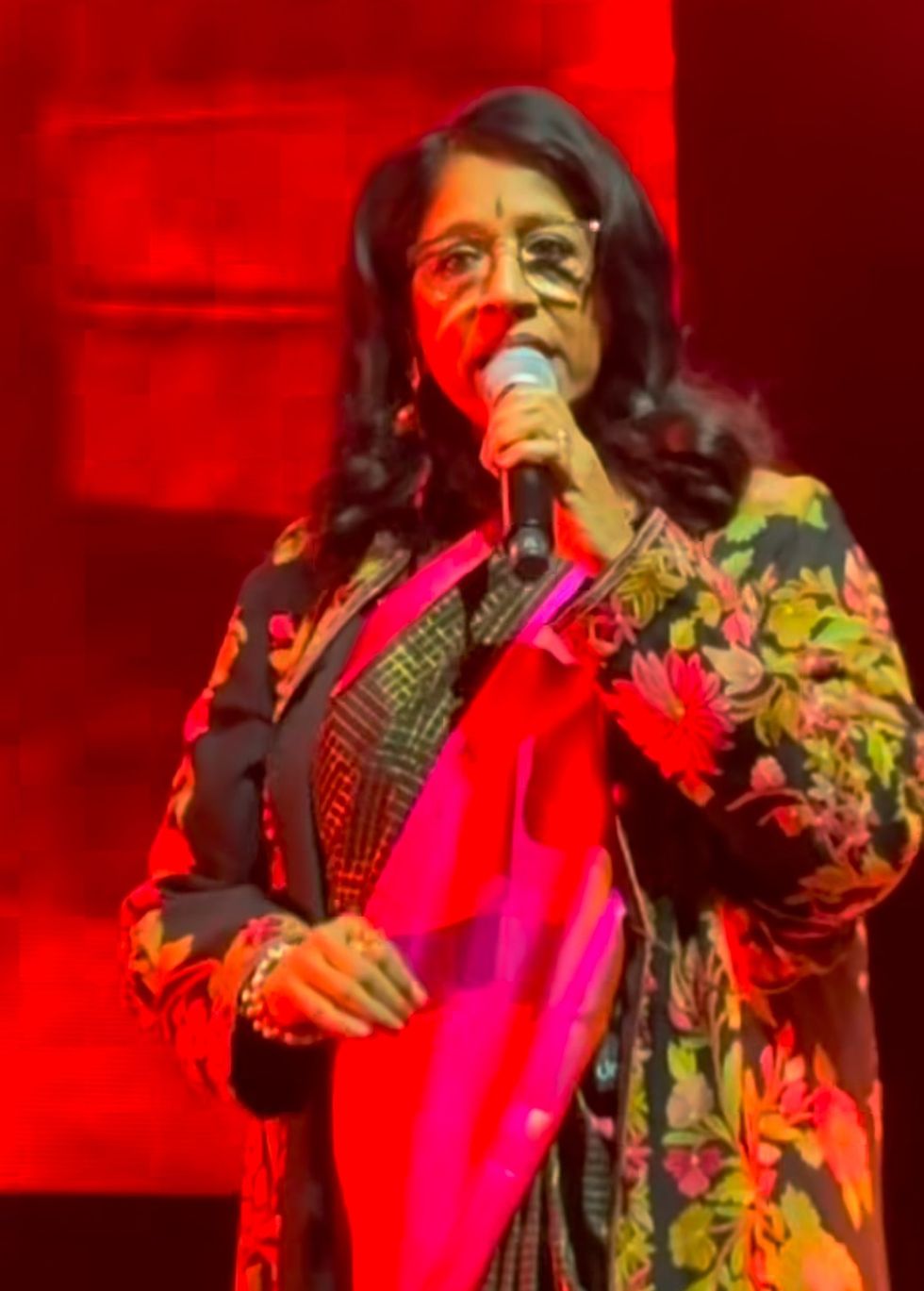 Kavita Krishnamurthy
Kavita Krishnamurthy Superboys of Malegaon
Superboys of Malegaon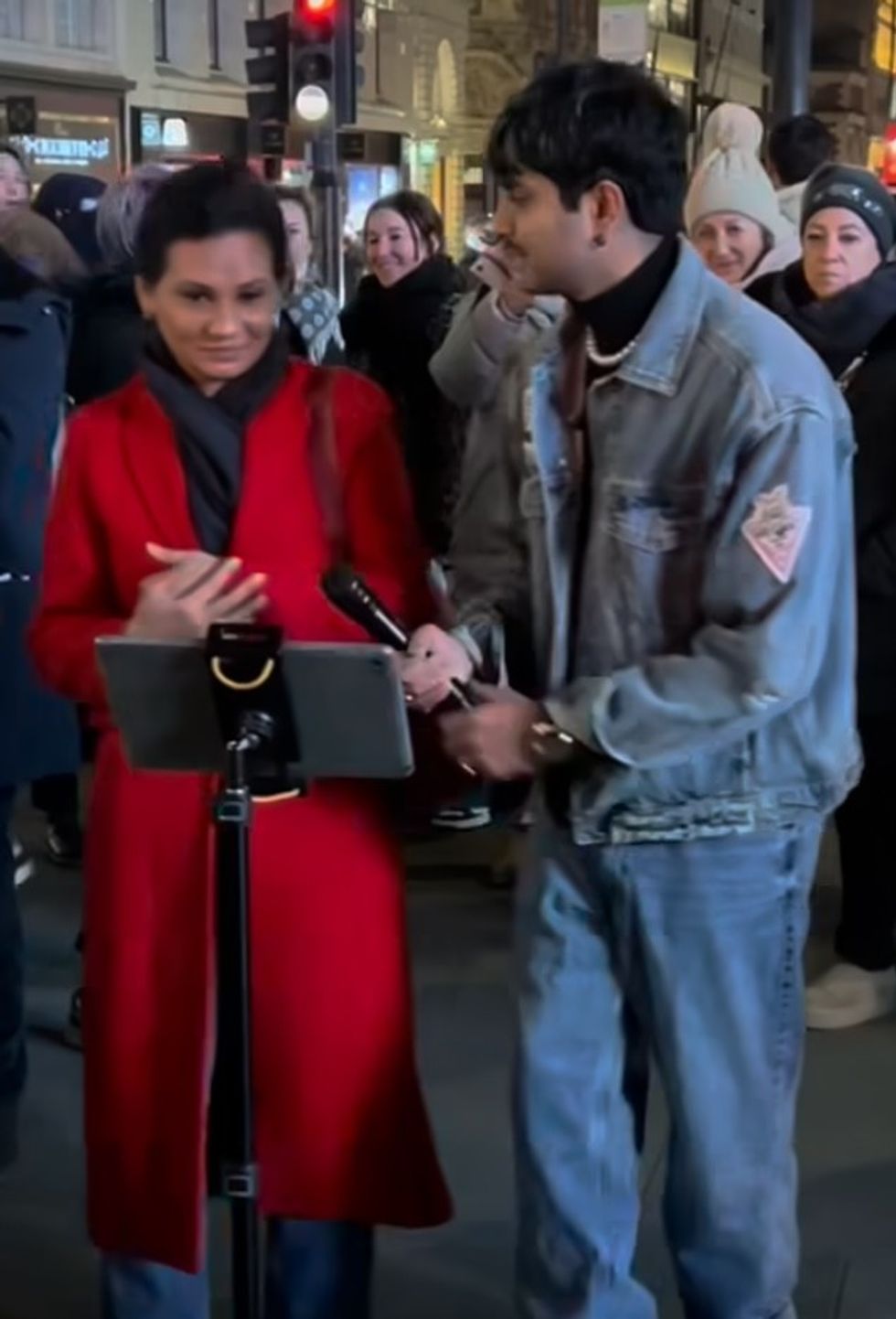 Tanvi Shah and Vish
Tanvi Shah and Vish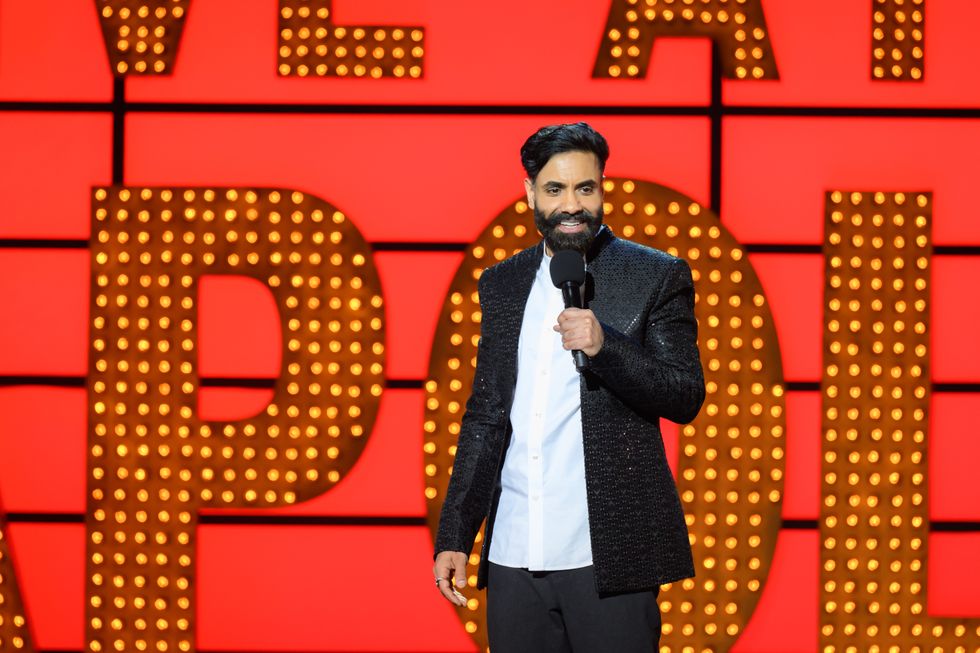 Paul Chowdhry
Paul Chowdhry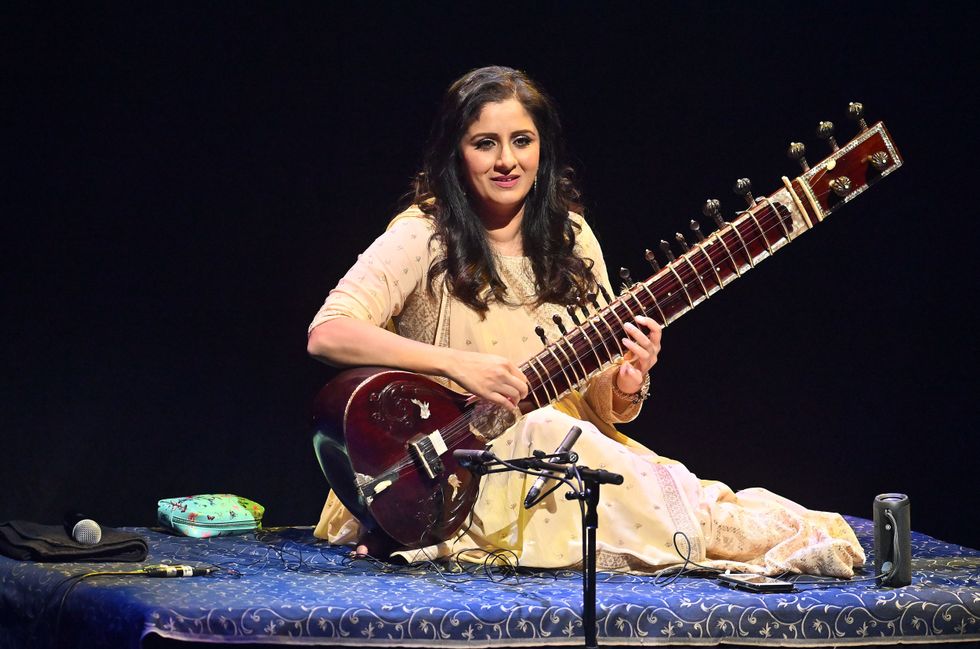 Roopa Panesar
Roopa Panesar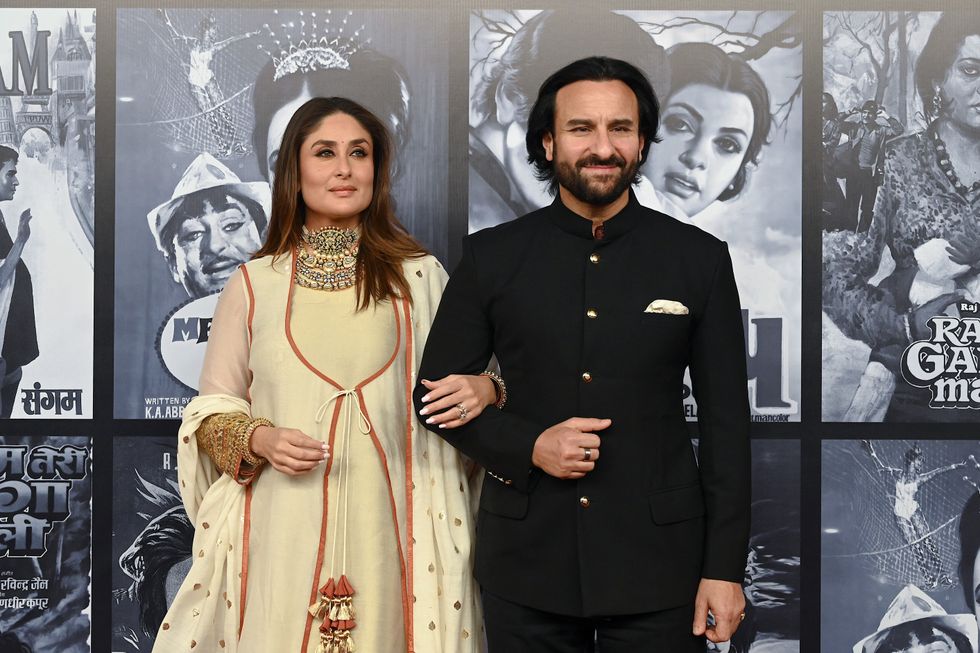 Kareena Kapoor and Saif Ali Khan
Kareena Kapoor and Saif Ali Khan Sonu Nigam
Sonu Nigam Veer Pahariya
Veer Pahariya Roshni
Roshni












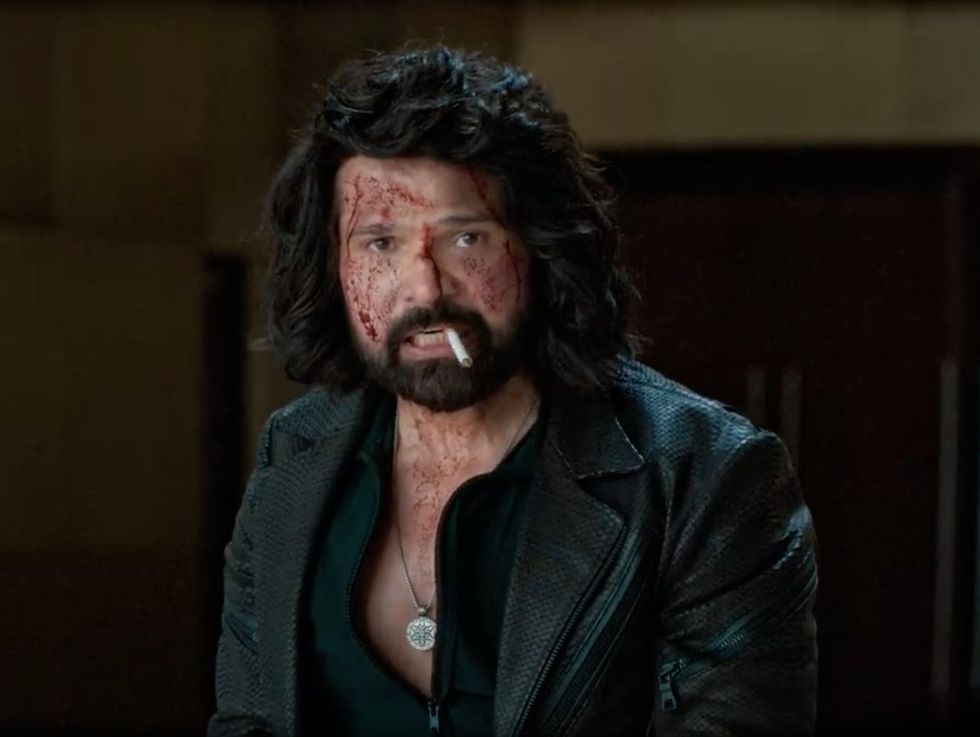 Reshammiya in Badass Ravi Kumar
Reshammiya in Badass Ravi Kumar
 Private schools have been impacted by the 20 per cent VAT imposed on them
Private schools have been impacted by the 20 per cent VAT imposed on them
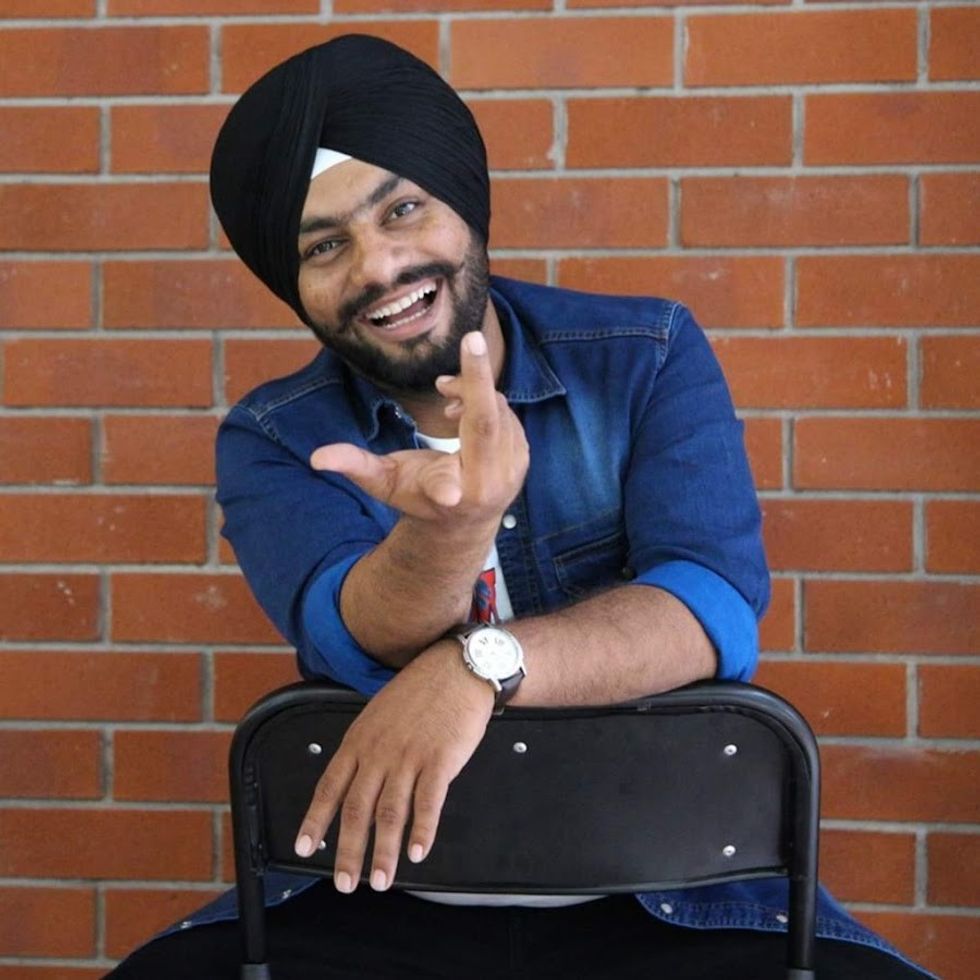 Manpreet Singh
Manpreet Singh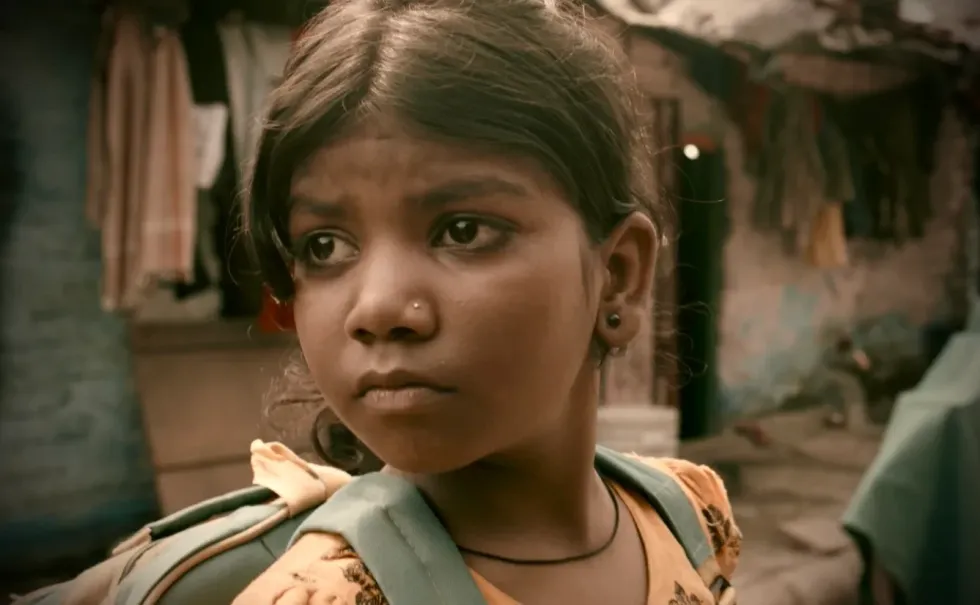 Anuja
Anuja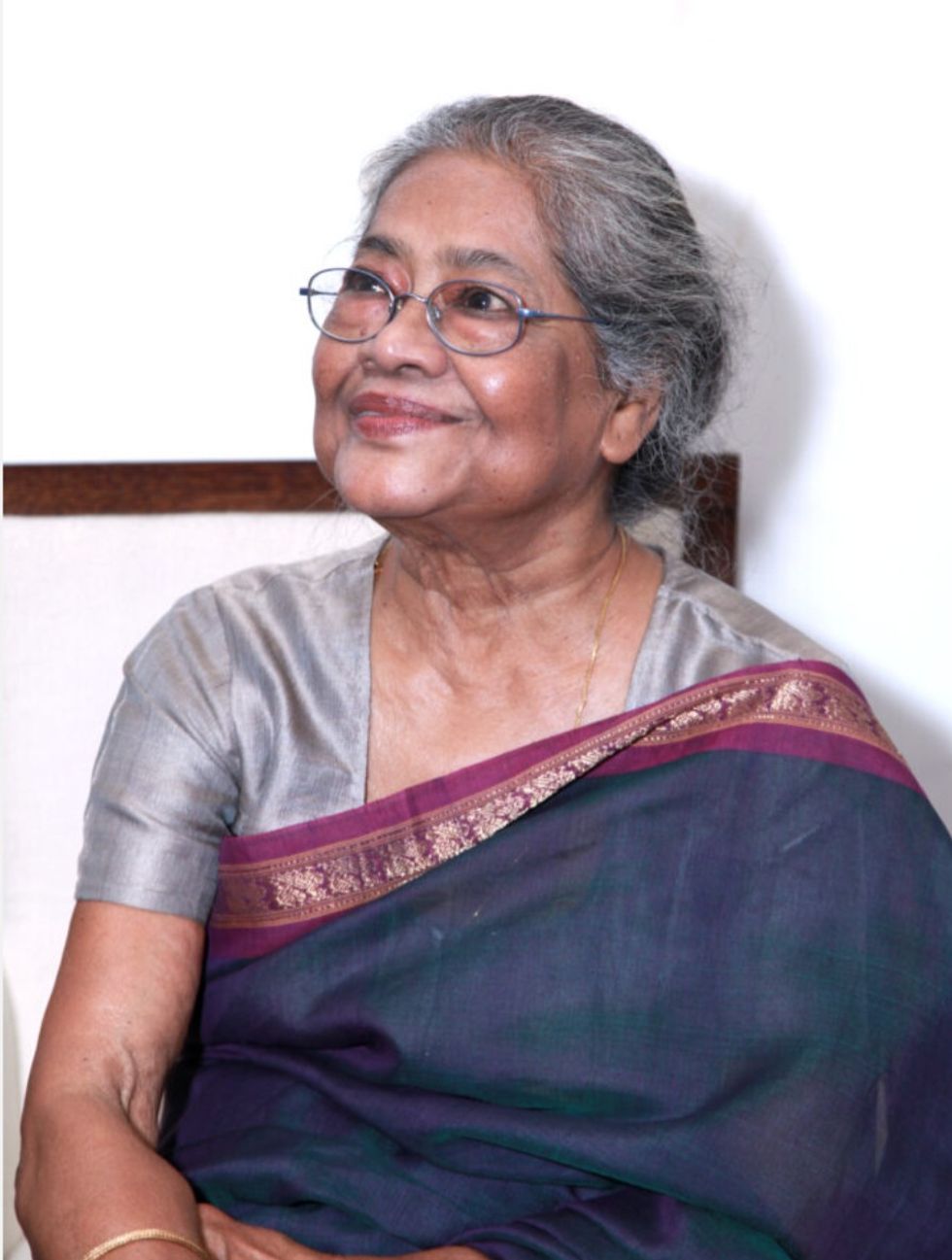 Arpita Singh
Arpita Singh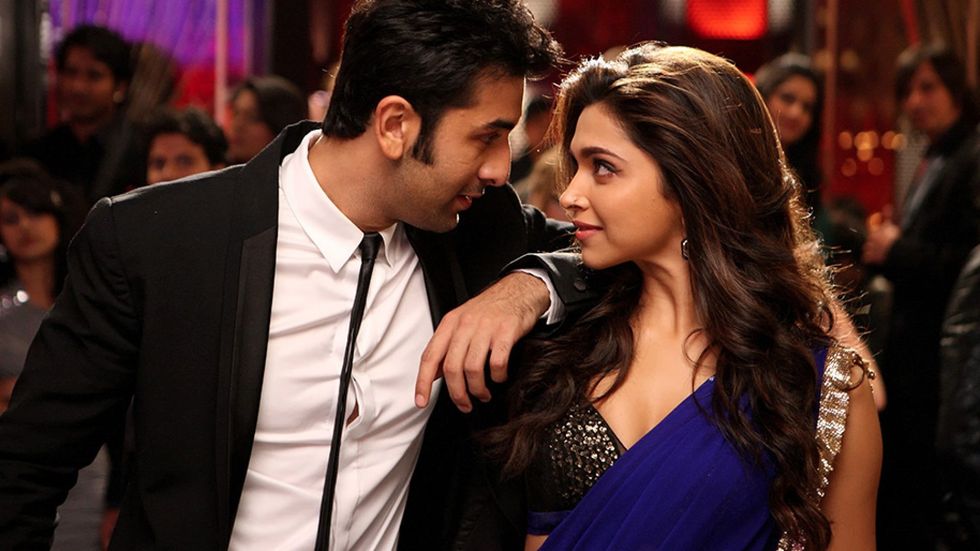 Yeh Jawaani Hai Deewani
Yeh Jawaani Hai Deewani Baby John
Baby John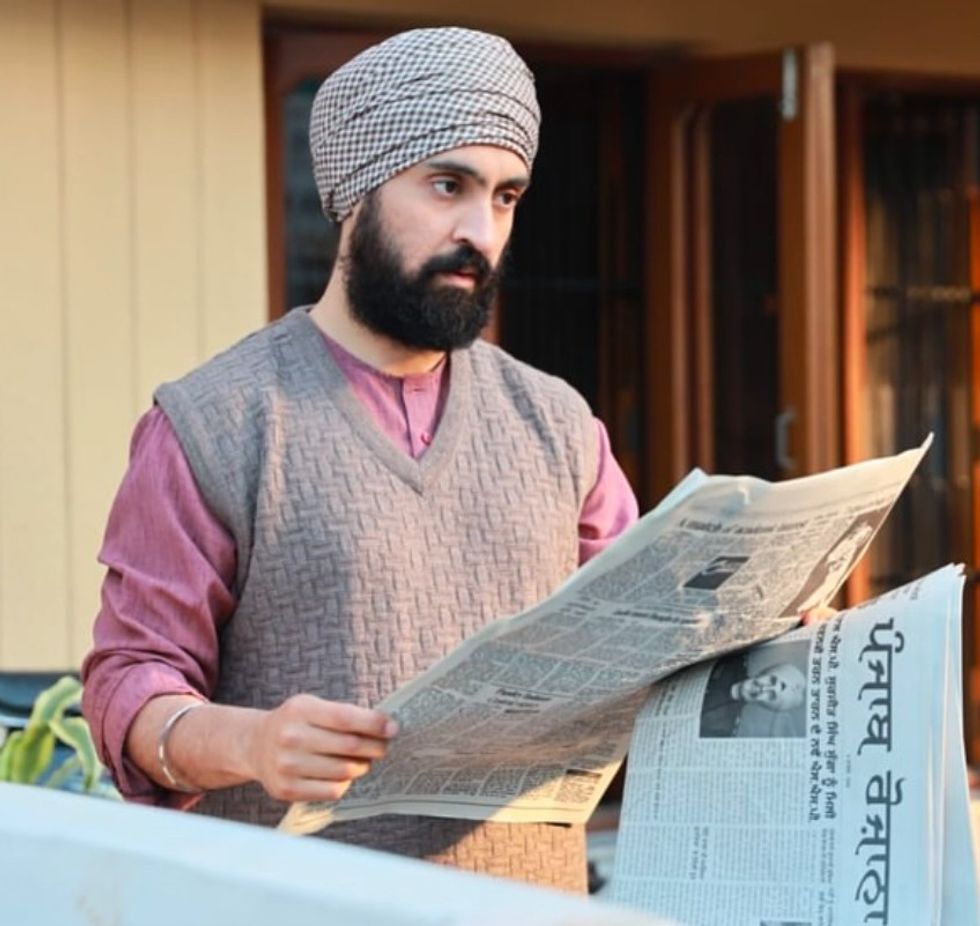 Punjab 95
Punjab 95 Karan Veer Mehra
Karan Veer Mehra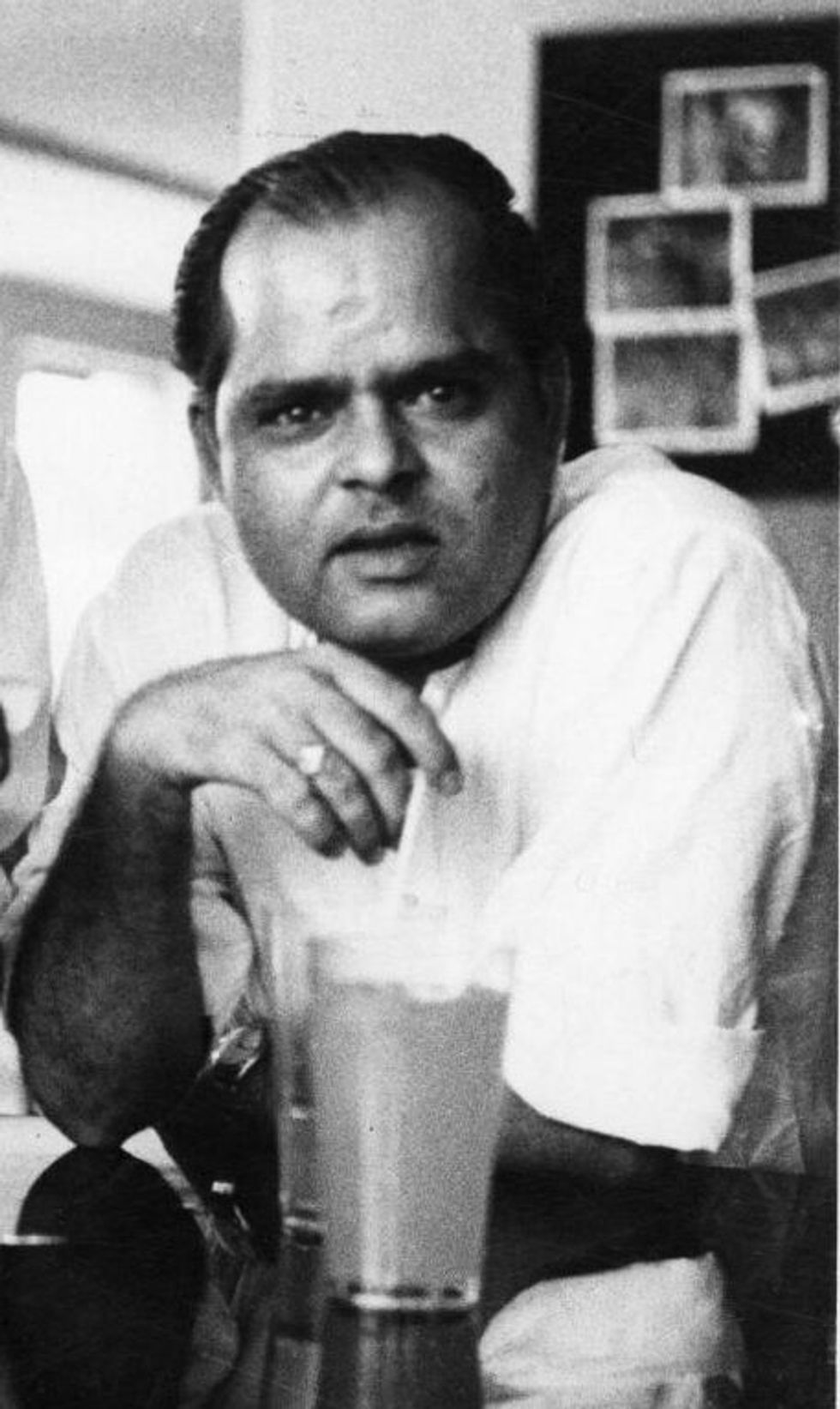 Roshan
Roshan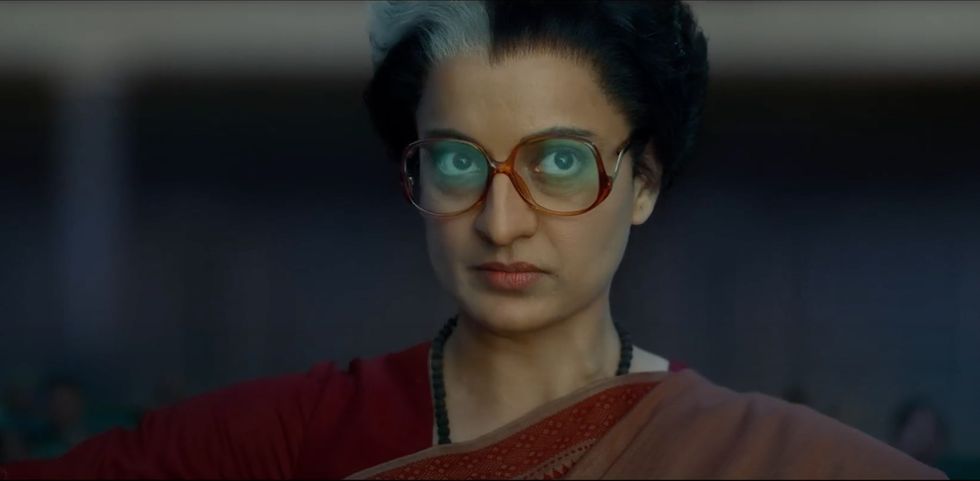 Emergency
Emergency